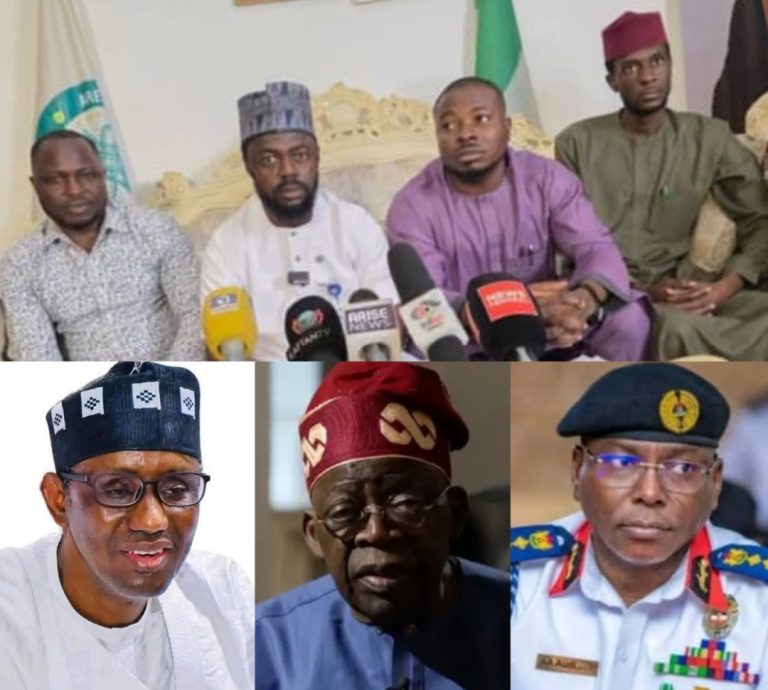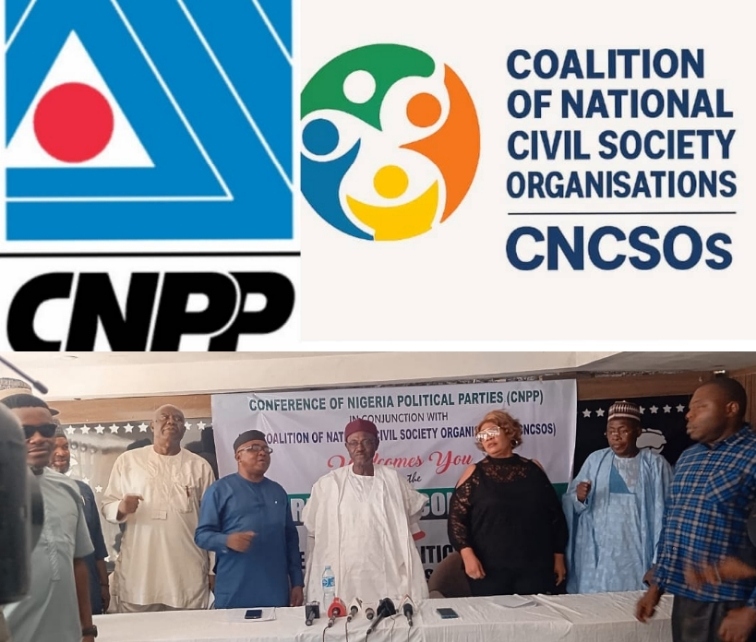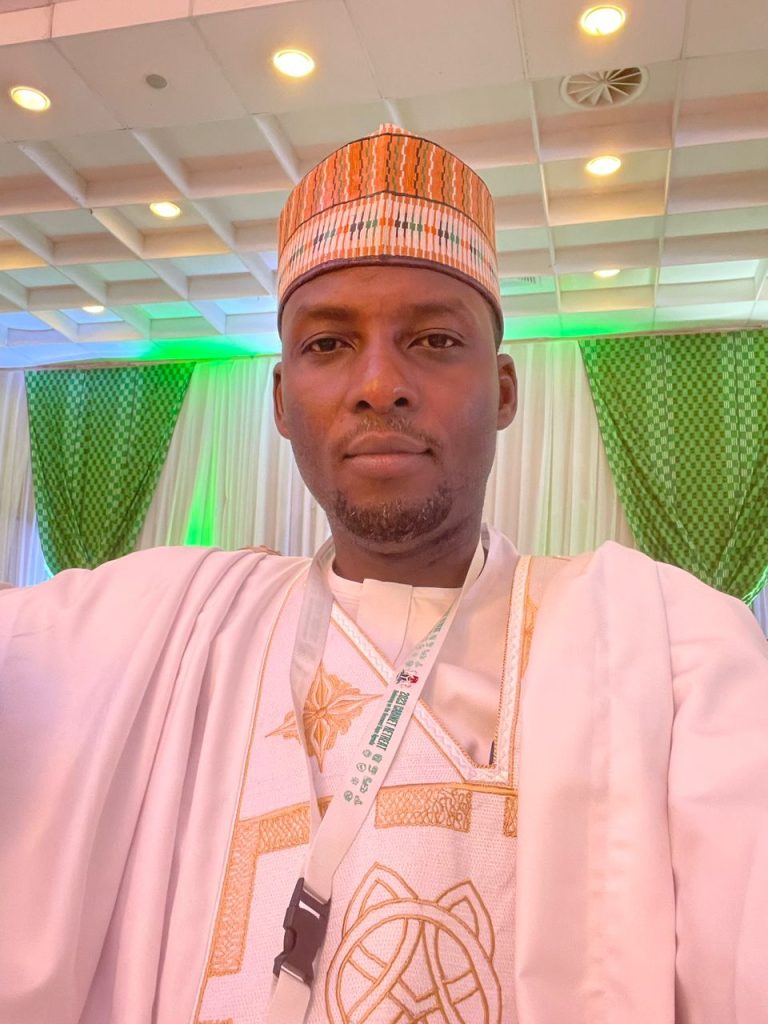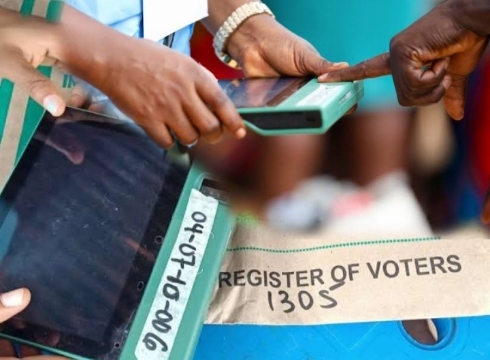
This post has already been read at least 11708 times!
In saner societies, hospitals are not battlegrounds for ethnic interests or platforms for political compensation. They are sanctuaries of hope—where knowledge, compassion, and competence must converge to save lives. In Nigeria, however, this ideal is under constant threat. The latest evidence is found in the disturbing pattern of the selection process for Medical Directors in federal health institutions, with the case of the Federal Neuro-Psychiatric Hospital in Kware, Sokoto State, standing as a worrisome example.
A public notice has announced vacancies for several positions of Medical Directors across Federal Medical Centres. While the advertisement may suggest openness, the reality of the shortlisting process raises serious ethical and national concerns. In the case of Kware, three doctors—all from Kano State—have been invited for the interview, namely:
- Dr. Abubakar Baguda Sulaiman
- Dr. Mustapha Ibrahim Gudaji
- Dr. Musa Gambo Takai
Not one doctor from Sokoto State, the host of the institution, was deemed worthy of being shortlisted. Ironically, the immediate past Medical Director also hails from Kano—a trend that, if left unchecked, threatens to convert federal institutions into personal or state annexes of certain political blocks.
This is not about a witch-hunt or state chauvinism. It is about fairness, equity, and merit. The position of a Medical Director is not a political gift to be handed to those who know how to navigate Abuja’s corridors of influence. It is a sacred trust, demanding the highest level of administrative competence, clinical excellence, and community connection. Denying candidates from Sokoto even a chance to compete for the job on their own soil undermines not only institutional integrity but also public trust.
This politicisation of health institutions is not new, but it is now dangerous. It mirrors a broader rot where federal character is exploited only when convenient, and where meritocracy is replaced by monopoly.
What exactly is at stake? The lives of everyday Nigerians—those who cannot afford the comfort of foreign hospitals. The ordinary citizens who live and die by the strength or weakness of our public hospitals. The underprivileged woman in Gwadabawa who depends on psychiatric care for her mentally ill child. The displaced youth in Isa LGA battling post-traumatic disorders from bandit attacks. The ageing parent battling dementia in Sokoto metropolis. To these vulnerable groups, the medical director is not just a bureaucrat. He or she is a lifeline. That lifeline must not be politicised.
We therefore raise a clear demand to the Honourable Minister of Health, and ultimately to the Presidency: the selection process must be revisited. Transparency must be restored. The enlistment of candidates must be subjected to public scrutiny. The people of Sokoto deserve to know: What were the criteria used? Who made the shortlist? And why was no candidate from the host state included?
We cannot afford to fold our arms while our hospitals become the next battleground for political conquest. The presidency must, in the spirit of fairness and federal responsibility, ensure that appointments are based on competence, not connections. Let this Monday, June 30th, 2025, be a turning point—not another episode in the long-running tragedy of politicised healthcare.
We may never be able to stop politicians from playing politics with “politics.” But when they begin to gamble with lives and public health, it is the duty of every conscience to speak. Loudly. Firmly. Unapologetically.
The Nigerian patient deserves better. And so does our democracy.
This post has already been read at least 11708 times!







